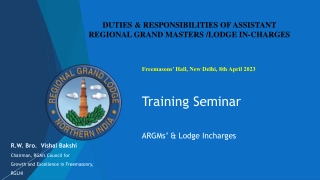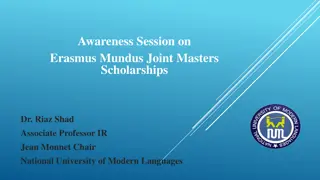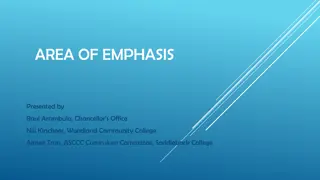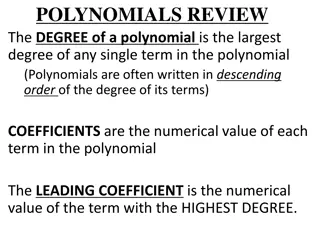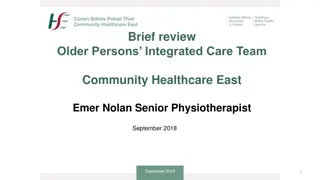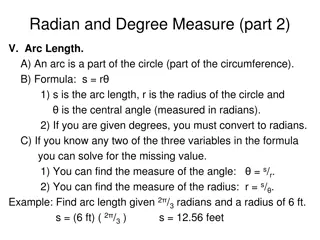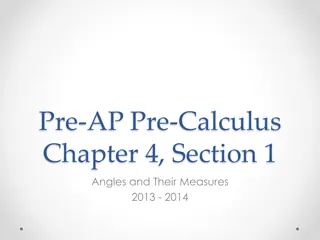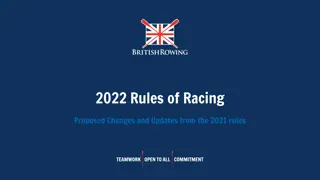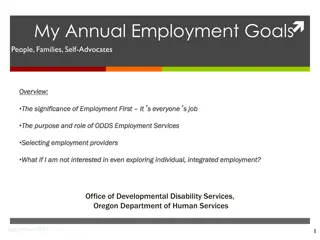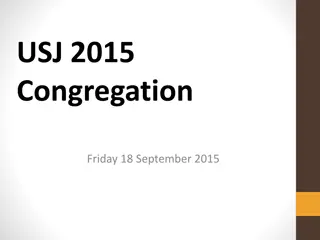Guide to Structured Integrated Masters Degrees
Understand the structured progression through levels, credit blocks, and learning hours in integrated masters degrees. Learn about the typical structures at different levels and how to navigate your curriculum effectively. Get insights into Foundation, Certificate, Intermediate, Honours, and Masters levels along with credit ratings and curriculum variations. Seek guidance from your department for specific degree structures.
Download Presentation

Please find below an Image/Link to download the presentation.
The content on the website is provided AS IS for your information and personal use only. It may not be sold, licensed, or shared on other websites without obtaining consent from the author.If you encounter any issues during the download, it is possible that the publisher has removed the file from their server.
You are allowed to download the files provided on this website for personal or commercial use, subject to the condition that they are used lawfully. All files are the property of their respective owners.
The content on the website is provided AS IS for your information and personal use only. It may not be sold, licensed, or shared on other websites without obtaining consent from the author.
E N D
Presentation Transcript
How is my Degree Structured? A guide for Integrated Masters Students DOES THIS APPLY TO ME?? This guidance applies to all integrated masters degrees The guide applies to students studying Integrated Masters Awards either with or without a Foundation Year; The guidance includes how Placement Years fit into the structure of your degree. The typical structures may not apply in all cases seek advice from your lecturers if you are not sure how your degree is structured. 1
Levels of Study During your studies, you will move through 2 or 3, 4 or 5 Levels, as follows. Integrated Masters Degrees - involve progressing through 4 levels [each level normally takes 1 year full- time or 2 years part-time]: Certificate Intermediate Honours Masters; you MUST pass one level in full before progressing to the next level. Integrated Masters Degrees with Foundation Year - involve progressing through 5 levels [each level normally takes 1 year full- time or 2 years part-time]: Foundation Certificate Intermediate Honours Masters; you MUST pass one level in full before progressing to the next level. .
Blocks, Credits and Learning Hours At each Level, you take one or two credit-rated blocks. The credit rating for each block indicates roughly how much work is involved [each credit is worth 10 learning hours, including private study, attending classes, and so on]. A 60-credit block requires on average 600 learning hours. At Foundation level your blocks add to 120 credits. At Certificate level your blocks add to 120 credits. At Intermediate level your blocks add to 120 credits. At Honours level your blocks add to 120 credits. At Masters level your blocks add to 120 credits.
Typical Structure at Foundation Level At Foundation level, you typically follow a curriculum made up of 3 blocks of study, each with a value of 40 credits. The structure of Foundation awards can differ from this and you should ensure that you are aware of the structure of the curriculum relevant to your route. Your Departments will explain the curriculum in more detail
Typical Structures of Levels C, I, H and M The curriculum structure is dependent upon the specific Integrated Masters Award that you are registered for. Therefore, it is not possible to give absolute structural guidance here; you should ensure that you discuss the structure of each academic level of study with your School or Department.
Placement Year Students have the opportunity to undertake a year long placement year. This placement takes place after successful completion of Level I; you will return to study Level H at the end of the placement. Undertaking a placement year requires careful planning throughout Level I, you will be advised on how to go about setting up a placement.
Understanding Some Jargon You can refer to Foundation level as either Level F or [if you want to describe your courses in relation to National Standards] Level 3. You can refer to Certificate level as either Level C or [if you want to describe your courses in relation to National Standards] Level 4. You can refer to Intermediate level as either Level I or [if you want to describe your courses in relation to National Standards] Level 5. You can refer to Honours level as either Level H or [if you want to describe your courses in relation to National Standards] Level 6. You can refer to Masters level as either Level M or [if you want to describe your courses in relation to National Standards] Level 7.
Where do I find more information? This information is for Guidance Only. Further information about the curriculum is available at: www.hope.ac.uk/gateway/students If you have any queries, please contact your School or Department and ask for an appointment to talk to a Senior AcademicAdviser. Please seek advice immediately if you think you have mitigating circumstances.




